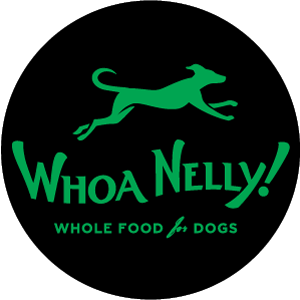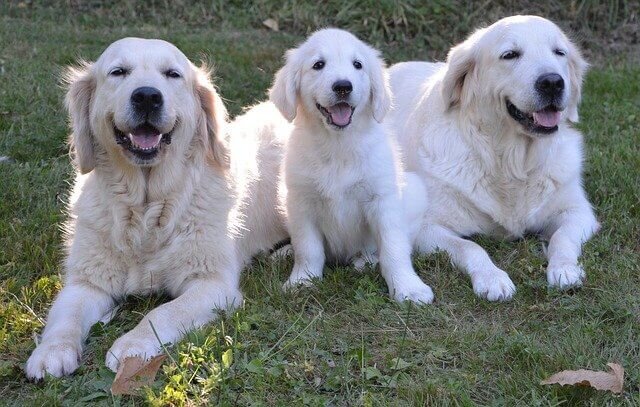Optimal Nutrition For Puppies
We all want to do the best for our four legged friend, and providing the right nutrition is at the top of the list! You may have heard that puppies need special food to provide for their growing bodies, and this is true. Puppies and adult dogs have similar but different nutritional requirements.
This article will look at the main differences between the nutrient requirements of puppies and adult dogs. To do that, we first need to take a quick look at the nutrition standards and explain the idea of optimal nutrition.
What is optimal nutrition?
We use the NRC as our primary nutrient guideline because in our opinion it is more precise than AAFCO’s “complete and balanced” standard. This is because in addition to minimum and maximum nutrient levels, the NRC also provides ideal or “recommended” amounts.
This ideal level is often called “optimal nutrition”.
Optimal nutrition is the idea of providing each nutrient at the level where it has the greatest beneficial impact on the body, and where more would either be eliminated or actually be difficult to eliminate efficiently - potentially causing issues.
The American Journal of Clinical Nutrition has a great definition:
“Optimal nutrition has been visualized as that which maintains a level of metabolic normalcy so that when the organism is exposed to stress, the normal protective homeostatic mechanisms can be put into operation rapidly, with a minimum of strain, and for as short a time as possible.”
At Whoa Nelly! we focus on meeting these optimal levels rather than just the minimum requirement because we are looking to achieve the best health for you dog that we possibly can. Thriving, not just surviving!
Differences between adults and puppies
Puppies require higher amounts of protein and fat, and significantly more calcium and phosphorous. They also need more iron, sodium, chloride, copper, zinc, B complex and vitamin E. According the the NRC puppies also have lower requirements for magnesium and thiamin than fully grown dogs.
Key Nutritional Differences Between Adults and Puppies
(per 1000kcal, for optimal nutrient levels)
These differences makes a lot of sense. Puppies are developing bones, muscles, organs, and their brain is growing at an incredible rate. Think about your puppy’s growing bones, and it’s obvious that they will require more calcium and phosphorous - because this is what bones are made of!
Puppies also need LOTS of food for their size. A growing pup needs about twice the amount of calories per kg than an adult dog. A good rule of thumb is that a puppy will quickly need about 2-3% of it’s expected adult weight. Which means that a puppy will eat the same amount that it will when fully grown. No wonder they have so much energy!
What about carbohydrates?
You might note that carbohydrates are missing from this table. Why is that?
Puppies (and adult dogs) have no nutritional requirement for carbohydrate. That doesn’t mean you need to feed a diet with NO carbs in it, but the carbs you feed are not required by your dog.
Be wary of any dog food that doesn’t list how much carbohydrate they contain. Typically these are the foods that are high in carbohydrates.
A small amount of carbs from fruit and vegetable is fine, ideally less than 5% total. But a diet that has a large portion of carbohydrate (ie. dry food, yes even the expensive stuff) is, shall we say, sub-optimal. It is far from the best food you can feed your dog, because it’s made up of things your dog doesn’t need!
Beyond the nutrition standard
We’ve discussed the key components of a puppies diet - and how it differs from a fully grown dog. There is more to this picture though! We’re looking to create the best nutritional conditions so that your dog can live a long, healthy & happy life.
For example, puppies are establishing their microbiome which will have a huge impact on their immune system. To do this we need to support their little bellies so they develop a healthy and high functioning microbiome.
Other considerations for your puppies diet:




